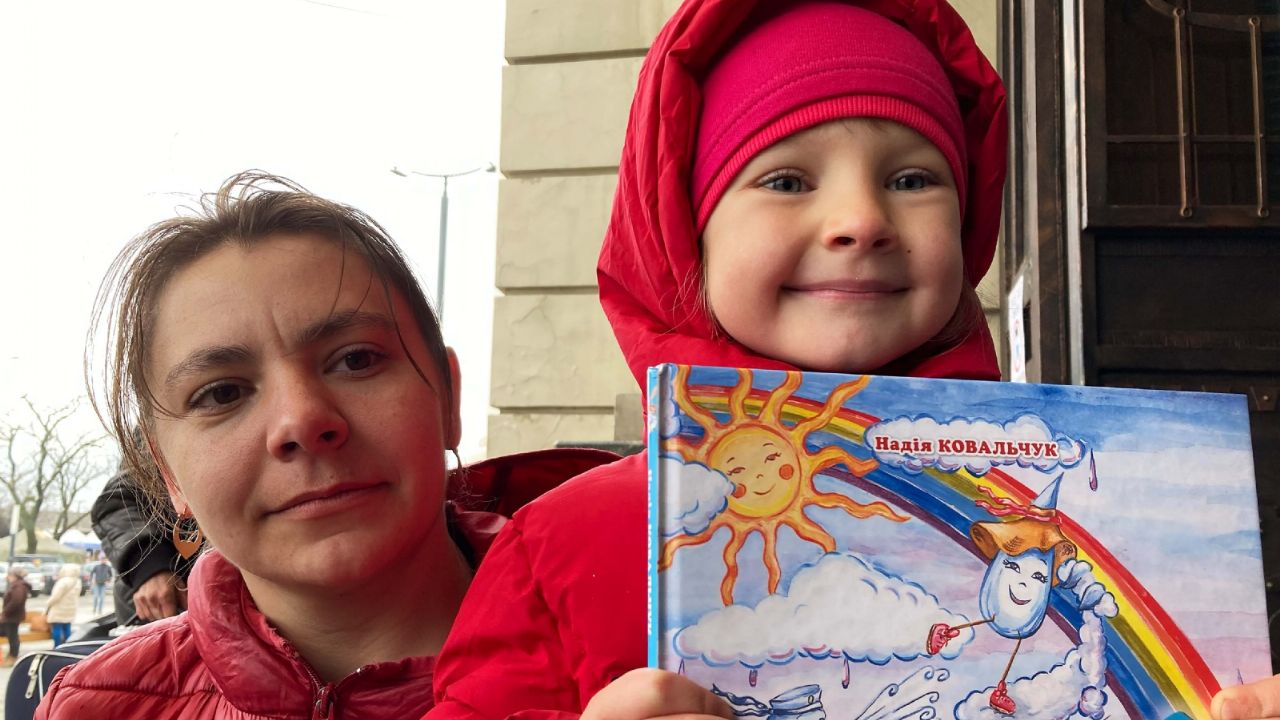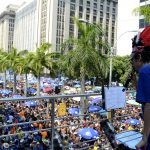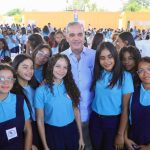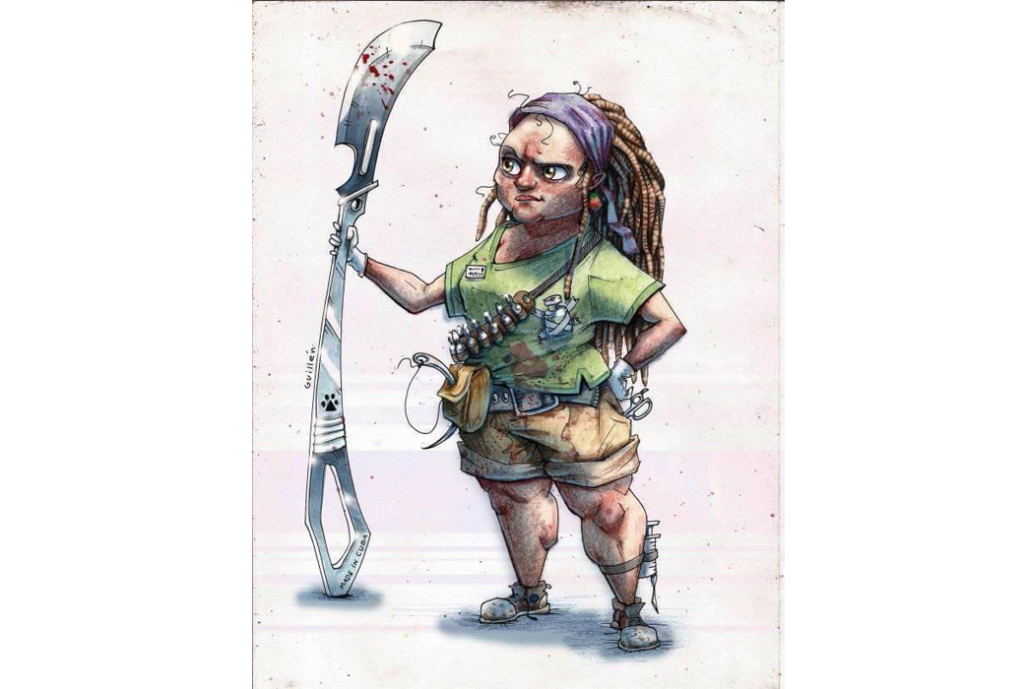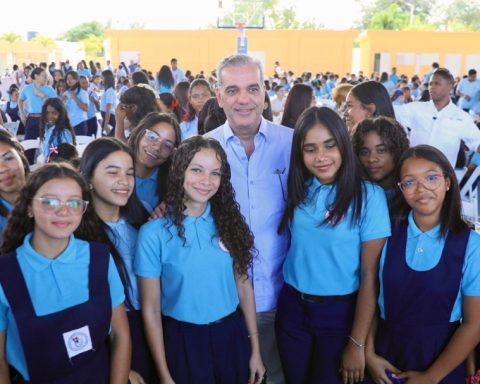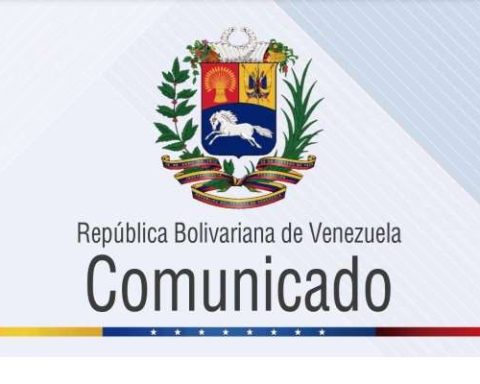Milan MA Gonzales rReports from Ukraine to Page Seven
They are two weeks touring border points between Poland and Ukraine, crossing the Ukrainian territory by train, talking with dozens of volunteers, refugees and citizens who do their best to have a normal life in a country invaded for more than a month; sharing with colleagues of different nationalities, learning to babble the language, waking up in paranoia at dawn after hearing the sirens.
There are dozens of military checkpoints that we go through together with the driver and the assistant, 16 hours on trains sharing with those fleeing from terror, eating with them, sleeping with them, living this nightmare caused by the decision of a single man who wants to break the will of a people.
the endless journey
Traveling at night is usually an adventure, other times a challenge that alerts your sense of survival. Taking the train from kyiv to Lviv (Lviv) was just that, arriving at the heavily guarded station at nine o’clock at night, the time when the curfew is activated in the Ukrainian capital, and where the military leave to do a “cleaning” every night, according to a volunteer. The feeling of emptiness is great and a certain fear for life spreads when the streets turn black, you have to speed up your pace.
Photo: Milan Gonzales / Page Seven

Photo: Milan Gonzales / Page Seven
At the kyiv train station, the waiting room for first-class passengers has been converted into a giant nursery that focuses its resources on making the time more enjoyable for the children, who run freely in the area. Many times, communication becomes complex, with signs, drawings, everything serves to make oneself understood. Two police officers ask me to go to another area when they notice that I have an Armed Forces credential and ask those responsible for the area to let me work in that area and to provide me with the internet, a predisposition that sometimes leaves me speechless.

Photo: Milan Gonzales / Page Seven
The train this time is different, there are no blankets that usually come sealed in plastic bags and delivered to cover the sleeping mats and pillows. There are thousands of citizens who have been using these services to approach wherever their destination is. Indeed, hygienic conditions are not optimal and this also affects the poor health of those fleeing death or famine.

Photo: Milan Gonzales / Page Seven
It is suffocatingly hot in the cars, the curtains are lowered and an assistant gently explains that the lights will be turned off to avoid attacks on the train. Sleeping in these conditions is absurd, after a few hours older men pass by with shirts or naked torsos to wash in a bathroom that will be the last one with hot water.
the wait
Everyone waits at the stations; some wait for someone to pick them up, others for a train bound for a border city; some will unknowingly meet death like the 50 fatalities at the Kramatorsk station a couple of days ago. That is not what military controls or reviews are effective for, there is no one to stop a poisoned missile if it is not anti-missile defense systems, which are not always effective.

Photo: Milan Gonzales / Page Seven
Bodja, the assistant, awaits my call at dawn, he is ready to go to another point that was attacked, another point where we will not be able to access because the orders between the military and police are more rigorous every day, nobody feels safe. We go through a supermarket while the sirens hammer the senses; Going down the steps there are several people sitting, waiting for the alarms to pass, a young woman is with a lost look, lost in her thoughts, in the tense calm of war.
The will of the workers

in Berlin, Germany.
Photo: Milan Gonzales / Page Seven
The stories of volunteers and supportive people are a separate point. For example, Sylva Hermann is a German photographer living in Berlin, she is part of a group of people who have sent medicines to Ukraine. Not only that, but knowing that part of my photographic equipment is in the United States, he sent everything necessary to carry out these deliveries over half a month in Ukraine.

Photo: Milan Gonzales / Page Seven
Jonas Sjögren and his wife have traveled from England to empower and encourage those going through this trauma. They bring toys and clothes, they serve warmly in their store located a few meters from the border in Medyca, Poland.

Photo: Milan Gonzales / Page Seven
Tracy is a volunteer who does everything, guided by common sense and honesty. An Englishwoman living in Texas, she made her own way to Przemysl, where she approaches me as she sees me eating before boarding my train to Warsaw. She tells me: “I don’t understand why Americans are so impractical” and she says it because a few days ago someone arrived with $12,000 in cash that she, she said, she didn’t know who to give it to. “The next day she gave me $2,000 to decide who to collaborate with,” she says, perplexed. “I don’t understand why there are donations that reach the wrong hands, as well as volunteers who receive food and preferential treatment and do nothing but get in the way,” she says indignantly while recounting the case of another American who was carrying two large suitcases, who was He asked what he was carrying. “I am a retired doctor who brings gauze that was left in my office,” she replied, to which she asked him again, to which city, hospital or clinic he wanted to take them, without receiving an answer.
Days later, Tracy writes me indicating that she has covid. This is what many volunteers have to deal with: fever, cough, infections caused by the lack of hygiene in some areas of Ukraine and wounds in the soul and heart, as well as images that will never accompany the rest of our existence.
The power of a gesture

Photo: Milan Gonzales / Page Seven
While I am at one of the stations, Carla María Berdegué writes to me from Bolivia; She talks to me about what she considers a utopia, which arouses my attention and says that she wants to send me some money so that, as a publisher, I can contact a bookstore that has been hit by the invasion, where I can buy books by Ukrainian authors, to support thus to the publishing sector, to its authors and above all to its children.
One day before entering the operating room, because he was waiting for a gallbladder intervention, he sends the money. I go to three banks, until in one we begin to communicate thanks to the translator. Zoriana, the bank’s customer service manager, understands the complexity of the situation and after five attempts to register, she tells me that the system reads the M in my name as an H. She then decides to support the cause and give her information so that the amount of money can be withdrawn in your name.

Photo: Milan Gonzales / Page Seven
Carla María finds out about the change after leaving the operating room. Despite the circumstance, she must go to do the name change in person, while I wait for her with the wet clothes drying on my body, when the temperature was around zero degrees.

Photo: Milan Gonzales / Page Seven
There is no time left. In the children’s bookstore, the collaborator Viktoria Fershal and the owner Luda Pridatchenko prepare the delivery of 140 books for children between 4 and 12 years old, which will be paid for with the contribution that comes from La Paz, in addition to the service of the Bodja taxi driver, now mission partner.
The next day and after the approval of Carla María, who hardly recovered, goes to the Moneygram offices, we are ready to collect the books and go to the Lviv train station, a city that is the nerve center of departure for the refugees and those who decide to stay in the country.
Cold children, serious and subdued children, children with their hands in their pockets, children carrying a bag belonging to their mother (their parents cannot accompany them because they must stay to defend the country), children with faces stained by the food that some stall free has given them, children near public urinals, children huddling to resist the cold, children who hold back their tears so as not to exasperate their mothers who have let themselves get the better of their nerves, children learning that silence and calm are the best gift they can give their mother when she looks for the train itinerary that will take them to the border. Hence, the search for a new life, a new language, a new culture, a new mentality.

Photo: Milan Gonzales / Page Seven
There we begin to dress the utopia of reality, the books must be delivered into their hands, I recommend that they be told that they have the chance to choose, because choosing is what has been taken from their small stocks. Many skeptical mothers believe that the books are for sale, they are beautiful books by Ukrainian authors, large books, books full of colors in the midst of the gray of war and in the harshness of a station that will be their last city before leaving among sirens and silent crying.

Photo: Milan Gonzales / Page Seven

Photo: Milan Gonzales / Page Seven

Photo: Milan Gonzales / Page Seven

Photo: Milan Gonzales / Page Seven

Photo: Milan Gonzales / Page Seven
Some observe them incredulously until they see some other little one take them, leaf through them, caress them, open their eyes wide; smiles are born there, smiles that illuminate the station, that illuminate the streets, that illuminate the dull and sad day of a country that will not bow to the brutality of the Russian forces.

Photo: Milan Gonzales / Page Seven

Photo: Milan Gonzales / Page Seven

Photo: Milan Gonzales / Page Seven
One of them, with a baseball cap, between 8 and 9 years old, observes the handing out of the books to others. When we tell him to choose the one he likes the most, he says “no thanks”. We insist and he responds in a serene and resigned voice: “Mom carries a lot of weight, I can’t carry more.”
This story probably won’t end there. After a conversation with retired Major Richard Neece Ojeda, a former West Virginia state senator, the idea came up that other people could raise funds to buy more books. Let it be so that there are more smiles.

Photo: Milan Gonzales / Page Seven
Smiles are born there, smiles that illuminate the station, that illuminate the dull day
Milan Gonzales, Bolivian-German writer and journalist
I do not understand why there are donations that reach the wrong hands
Tracy, a volunteer at the Polish border
